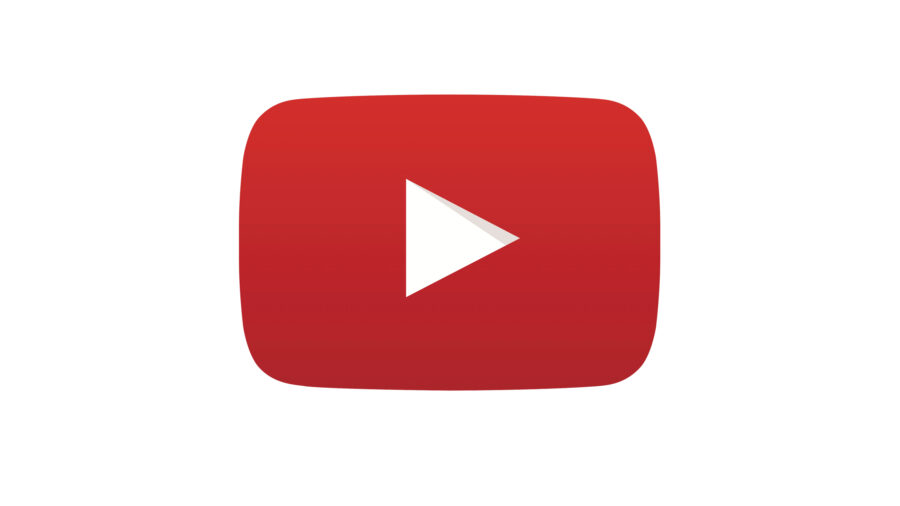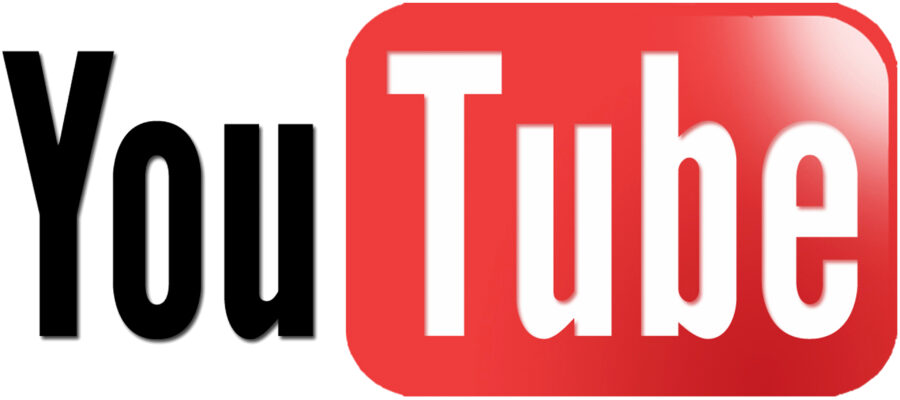YouTube Will Now Ban Videos Alleging Election Fraud
YouTube is accepting the results of the 2020 election and removing any video that disagrees.
This article is more than 2 years old

YouTube is accepting the results of the 2020 presidential election and recognizing Joseph Biden as president-elect. As a result, they have made the decision to remove any videos that allege that Donald Trump lost the election due to fraud or errors. The video giant made the announcement via their official blog.
YouTube has been attempting to deal with a slew of misinformation regarding the 2020 election, and this definitive stance is part of that strategy. Now that the US has reached the safe harbor deadline, it looks like Google’s video platform is going to take a hardline stance against any accounts that purport to share information that contradicts the results of the election.
You can see part of YouTube’s statement in this thread from their YouTubeInsider Twitter account which boiled down their stance and reasons for the decision:
It looks like YouTube is adding some fuel to the fire when it comes to the ever-growing divide between people who recognize the legitimacy of the 2020 election results and those who seem to believe there was fraud involved. The US Supreme Court unanimously shot down a Republican push to overturn Joseph Biden’s win in Pennsylvania on the basis of election fraud. It certainly looks like the election fraud narrative is becoming more and more fringe and difficult to maintain.
There is some criticism being directed towards YouTube’s decision. Obviously, those who mistakenly believe that there was fraud present in the 2020 presidential election are upset, but the Justice Department has unequivocally declared that there is no evidence of fraud. But, there is some disdain at YouTube for waiting to make this policy decision and enforcement a month after the election. It looks like they were waiting for this safe harbor deadline to cover their bases.
It will be interesting to see if conservative audiences use this as an excuse to boycott YouTube. We have seen conservative users flee from other high profile internet services for applications like Parler, but they don’t seem to be too happy with that either. Will they attempt a similar exodus from YouTube to a platform where they feel entirely free to post whatever they want regardless of factual information? Could a company try and corner the market on conservative-targeted internet video? Or will prominent conservative voices try and find a way around the new laws that Google is implementing for their platform?

Though it may have taken them a while, it is reassuring to see YouTube take this stance. Widespread misinformation and outright disinformation have been a problem for the site for many years. They seem to be taking some steps towards fighting these issues and it is certain that this initiative will be a stepping stone towards dealing with those larger problems. But again, it is going to be interesting to see how its users try and circumvent the established rules and codes of conduct. We will simply have to wait and see how Google implements this directive and how successful it will be.











